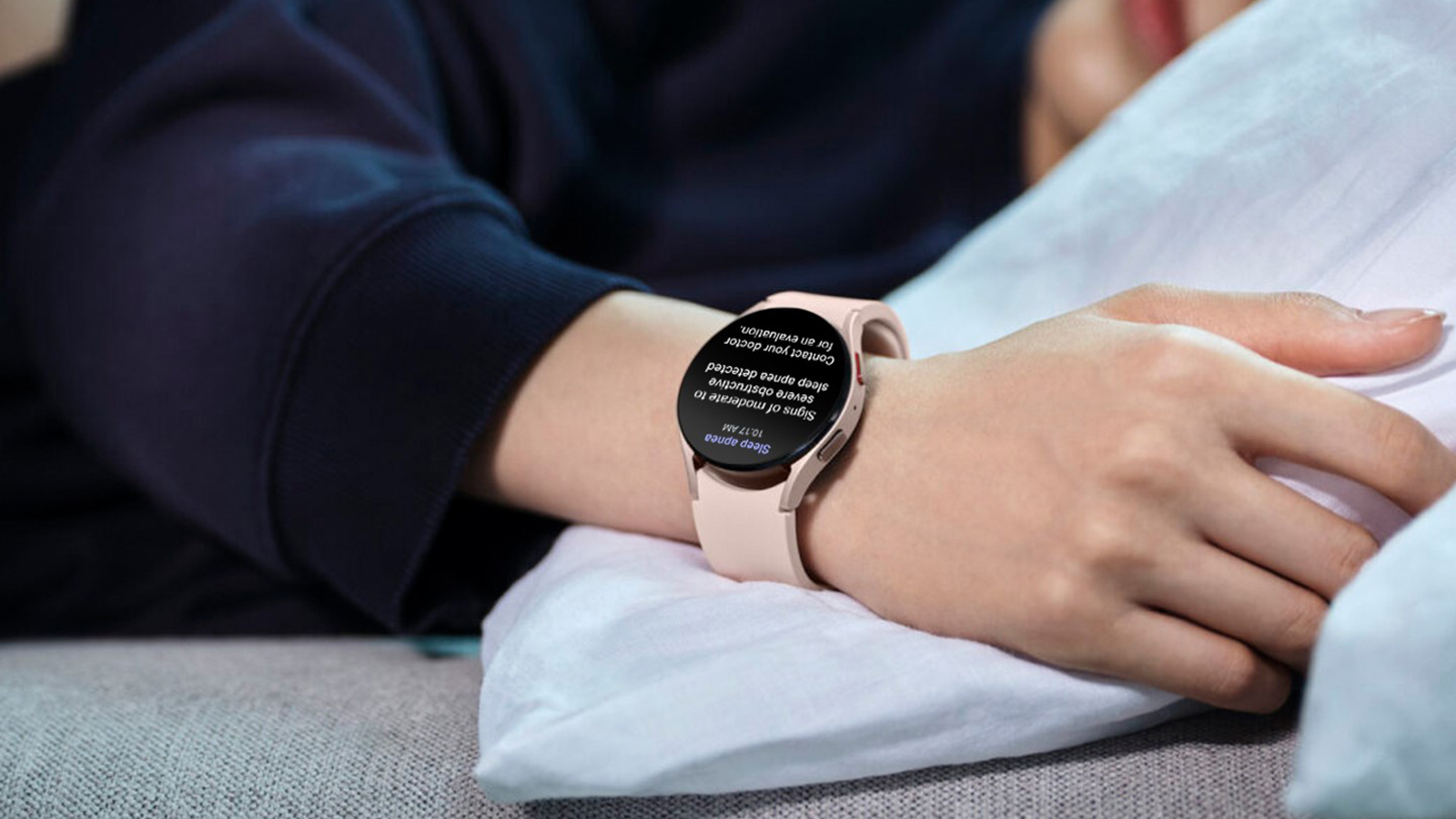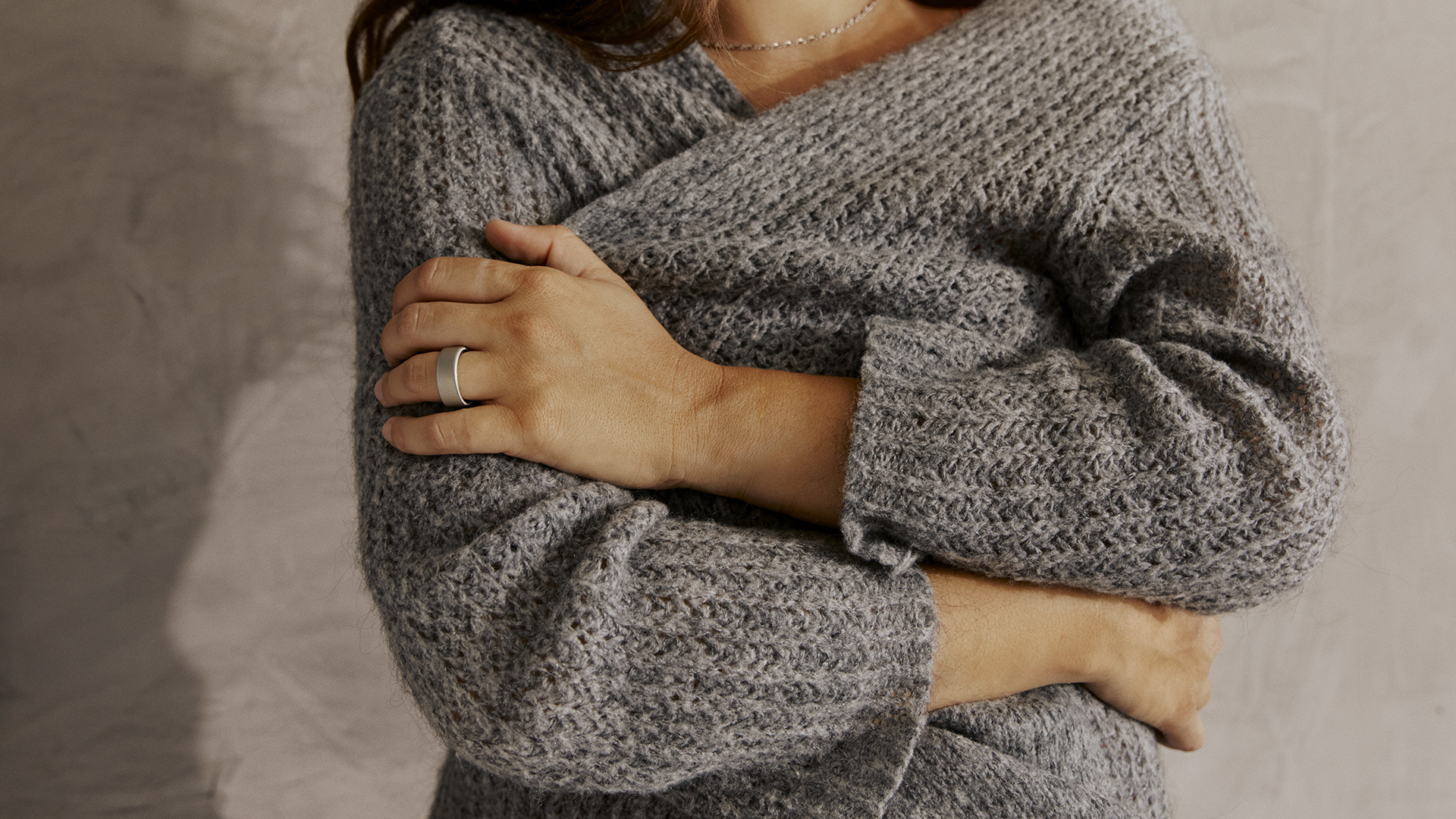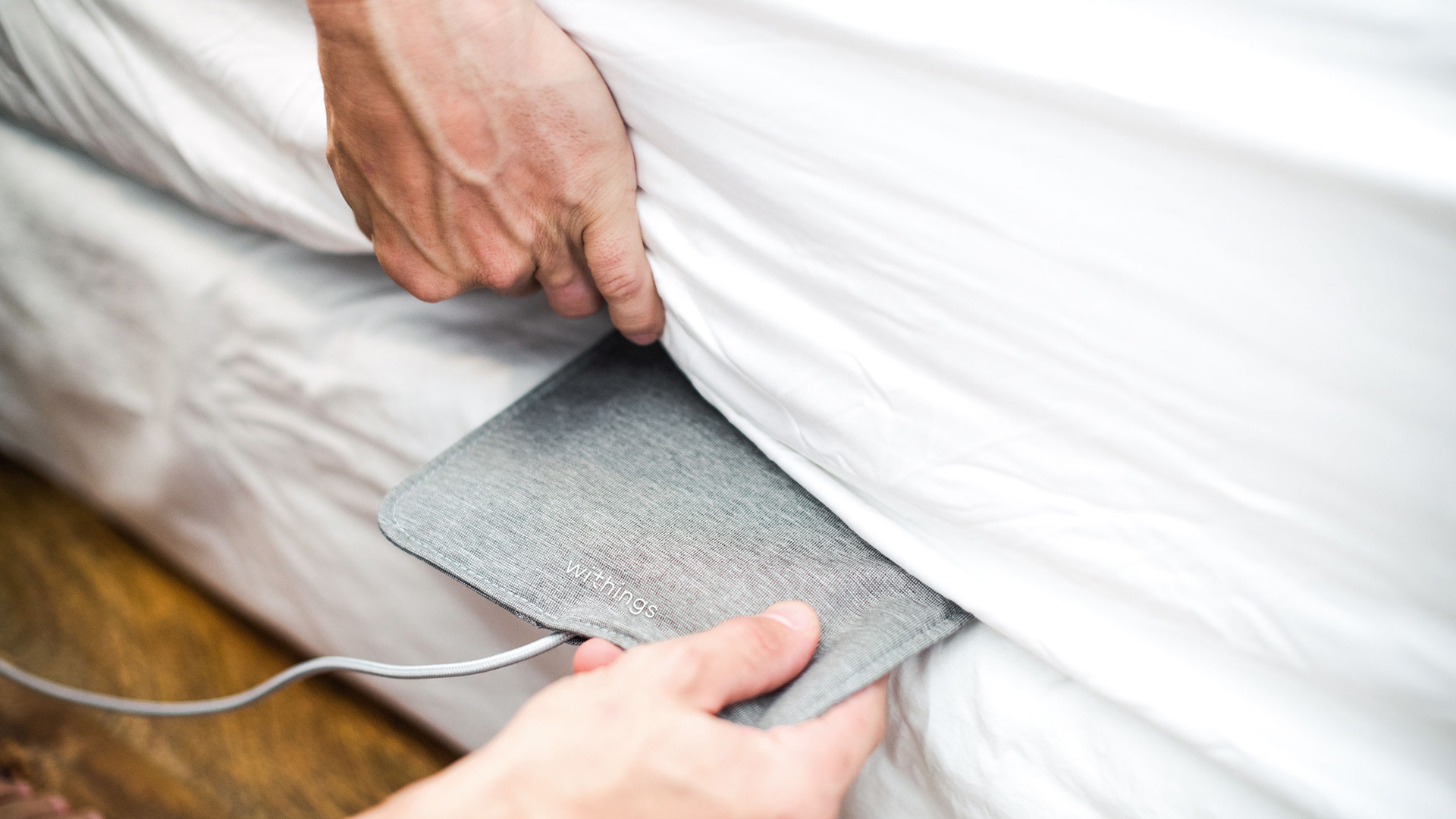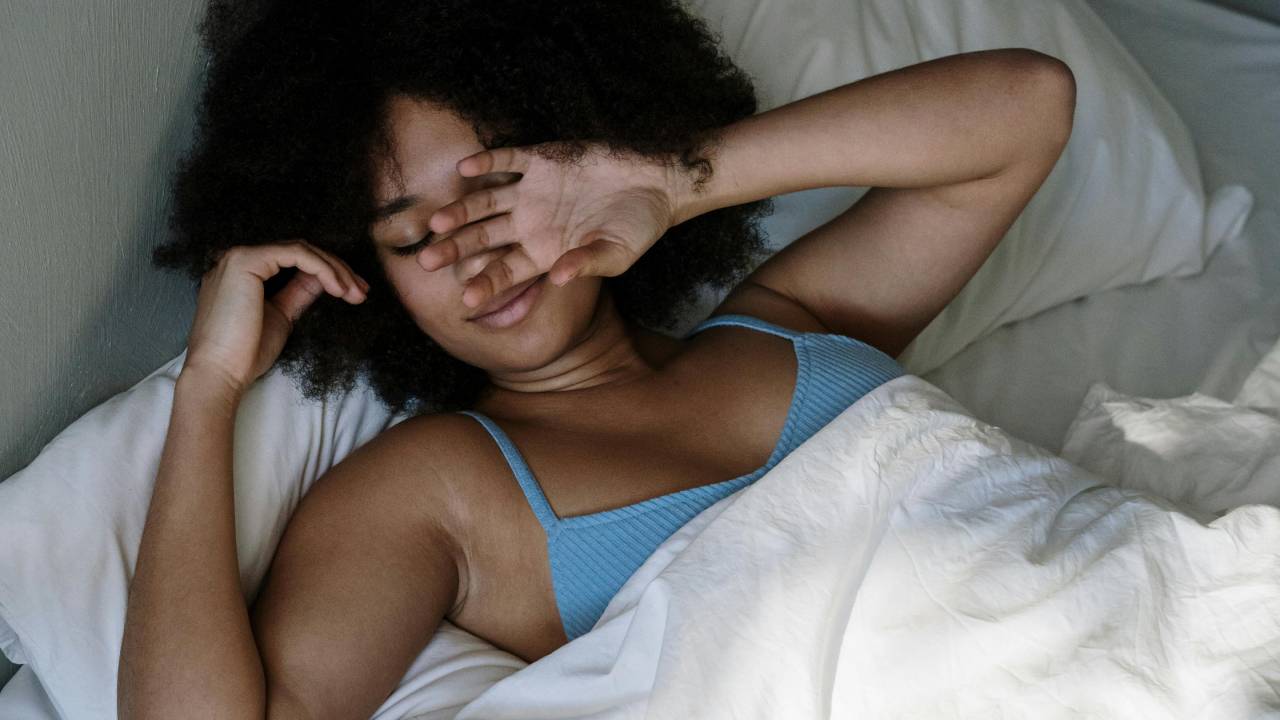
Getting a good night’s sleep has become a major wellness goal – and tech brands are racing to offer smart solutions.
From sleek smart rings and fitness trackers to light-based relaxation aids, smart sleep gadgets promise to help you fall asleep faster, stay asleep longer, and wake up more refreshed.
Sleep is essential to living a happy and healthy life, and there has been plenty of research into screen time and its impact. But some tech is actually useful around bedtime and could make a difference in your life.
So, can sleep gadgets really improve your sleep, or are they just feeding your data obsession? We're taking look at what these gadgets actually do, whether they work, and which ones are worth trying.
What are the best smart sleep gadgets?
Smart sleep gadgets come in a few forms – wearables, nearables, and environmental devices – all aiming to improve how well you sleep.
Wearables like the Oura Ring 4 or Fitbit Charge 6 track sleep stages, heart rate variability, and even skin temperature while you rest. They’re designed to be lightweight and unobtrusive – ideal for overnight wear.
So-called "nearables", such as the Withings Sleep Analyzer, sit under your mattress and monitor sleep passively, a good option if you don’t want to wear anything to bed.
Then there are environmental tools, including the Dodow Sleep Aid, which uses rhythmic light to guide your breathing, or smart displays like the Google Nest Hub, which tracks sleep using radar tech without any physical contact.
These gadgets typically promise a combination of insight and intervention, and most provide sleep scores, personalised tips, or even smart alarms that wake you gently during light sleep stages.
Some – like the Oura Ring – go further by offering readiness scores and tailored recovery advice, blending sleep tracking with overall wellness to give you a sense of what kind of activity your body can take today.
For many of the gadgets, the goal isn’t just to monitor how long you’re asleep – it’s to help you understand your patterns, tweak your habits, and make bedtime something to look forward to, rather than dread.

Do they actually work?
Smart sleep gadgets can be helpful, but whether they genuinely improve your sleep depends on how you use them. These aren’t medical devices and won’t diagnose sleep disorders, but they can highlight patterns, encourage better habits, and prompt small lifestyle changes that add up.
Experts agree their main benefit lies in raising awareness. A tracker might reveal that late-night exercise or screen time is affecting your deep sleep, or that your wake-up times are inconsistent. Even if the data isn’t flawless, it can still motivate you to build a better routine.
Wearables tend to offer the most detailed insights. The Oura Ring 4 stands out for combining temperature, heart rate variability, blood oxygen, and sleep stage tracking in a slim, screen-free form, giving you a daily sleep score and a readiness rating based on how well you’ve recovered – now with improved accuracy and menstrual cycle tracking.
The Fitbit Charge 6 is a more affordable choice, tracking sleep stages and offering bedtime reminders, all while feeding into Fitbit’s Daily Readiness Score – ideal if you want a fitness tracker that covers sleep too.

But what if you prefer not to wear anything overnight? The Withings Sleep Analyzer slides under your mattress and tracks movement, breathing, and snoring. It’s accurate, discreet, and can even flag signs of sleep apnea, though it won’t replace a clinical diagnosis.
The Google Nest Hub offers a similar contactless experience. It sits on your bedside table, using radar to track breathing and motion, and offers simple reports each morning. It’s best suited to those already using Google’s smart home tools.
For those seeking a more traditional aesthetic, the Withings Steel HR Sport blends classic watch design with modern sleep tracking, and monitors light and deep sleep cycles, detects interruptions, and offers a sleep score each morning.
Another innovative solution is the Kokoon Nightbuds, designed for those who find it difficult to drift off. These in-ear headphones play calming sounds and use sensors to monitor your sleep, adjusting audio as you doze off. Their snug fit is particularly comfortable for side sleepers, and the companion app offers a range of relaxation techniques to aid sleep.

Should you use a sleep gadget?
Smart sleep gadgets won’t fix every problem – but they can give structure to an area of life that’s often neglected.
For many people, simply paying attention to how they sleep leads to better habits, even if the tech itself isn’t perfect. In that sense, these gadgets work not just through data, but through intention.
Crucially, the most successful sleep tech doesn’t try to do everything. Devices like the Oura Ring 4 excel because they stay out of the way, while tools like the Dodow focus on calming the mind, not collecting metrics.
For some users, the ideal solution might even be a mix: tracking sleep with a wearable, while using guided audio or light-based breathing to drift off.
If your sleep feels inconsistent or unrefreshing, trying a smart sleep gadget could be a surprisingly helpful step – not just for insight, but for routine, focus and calm.







